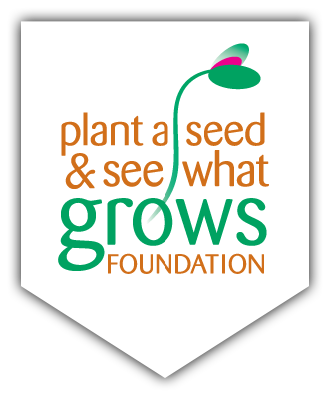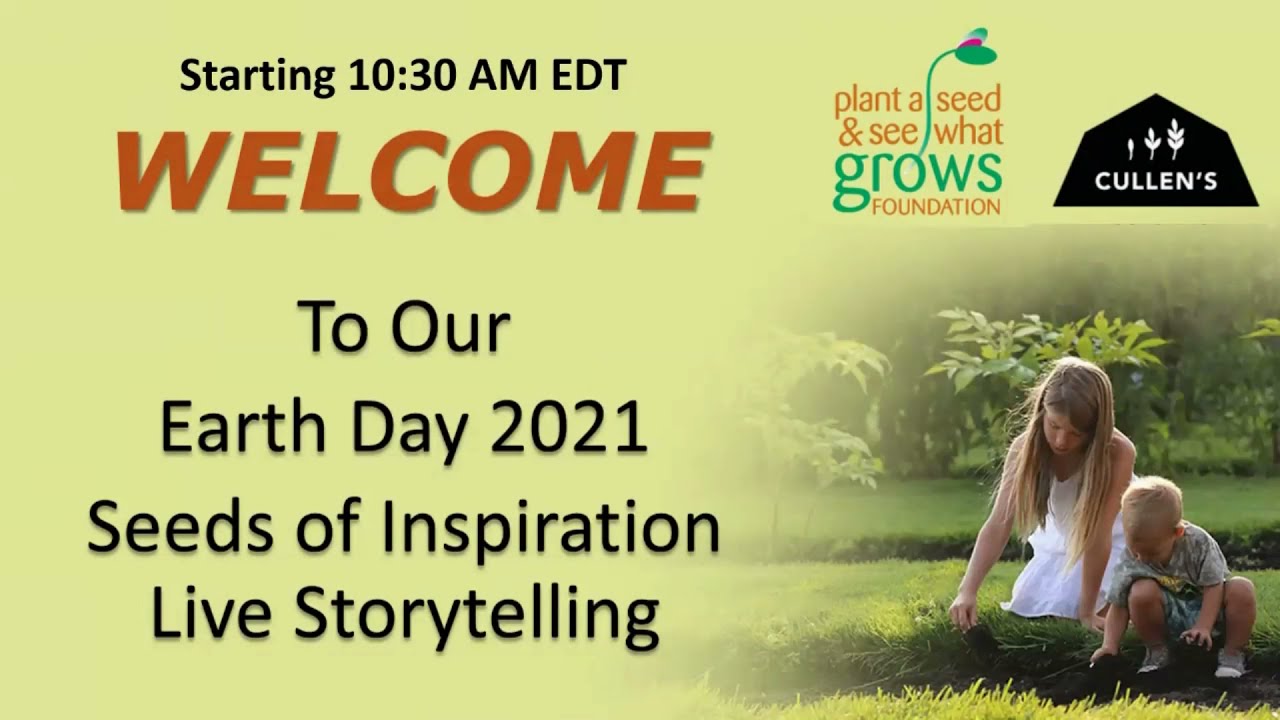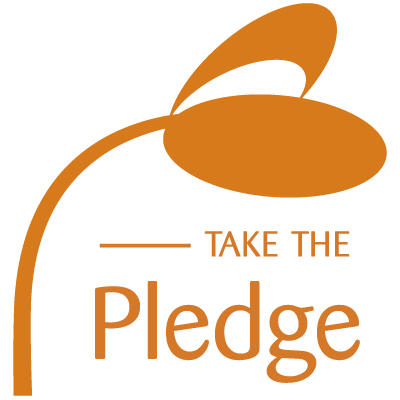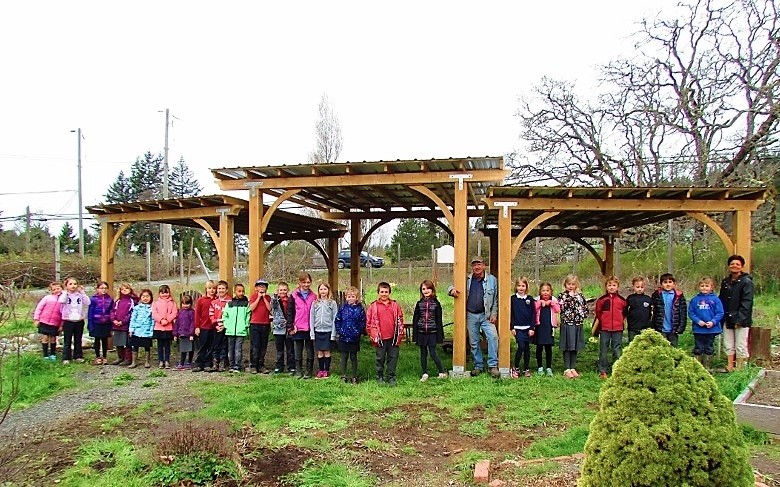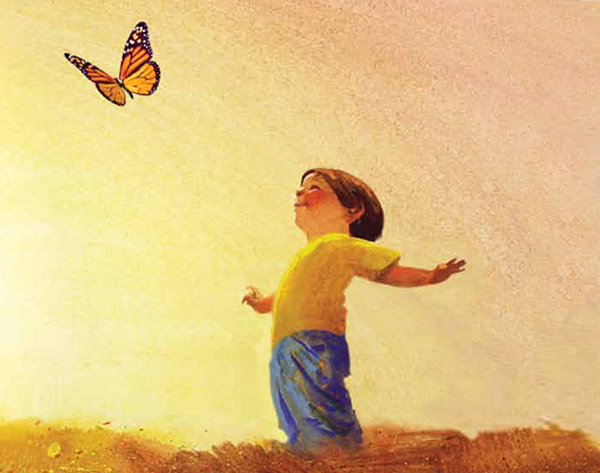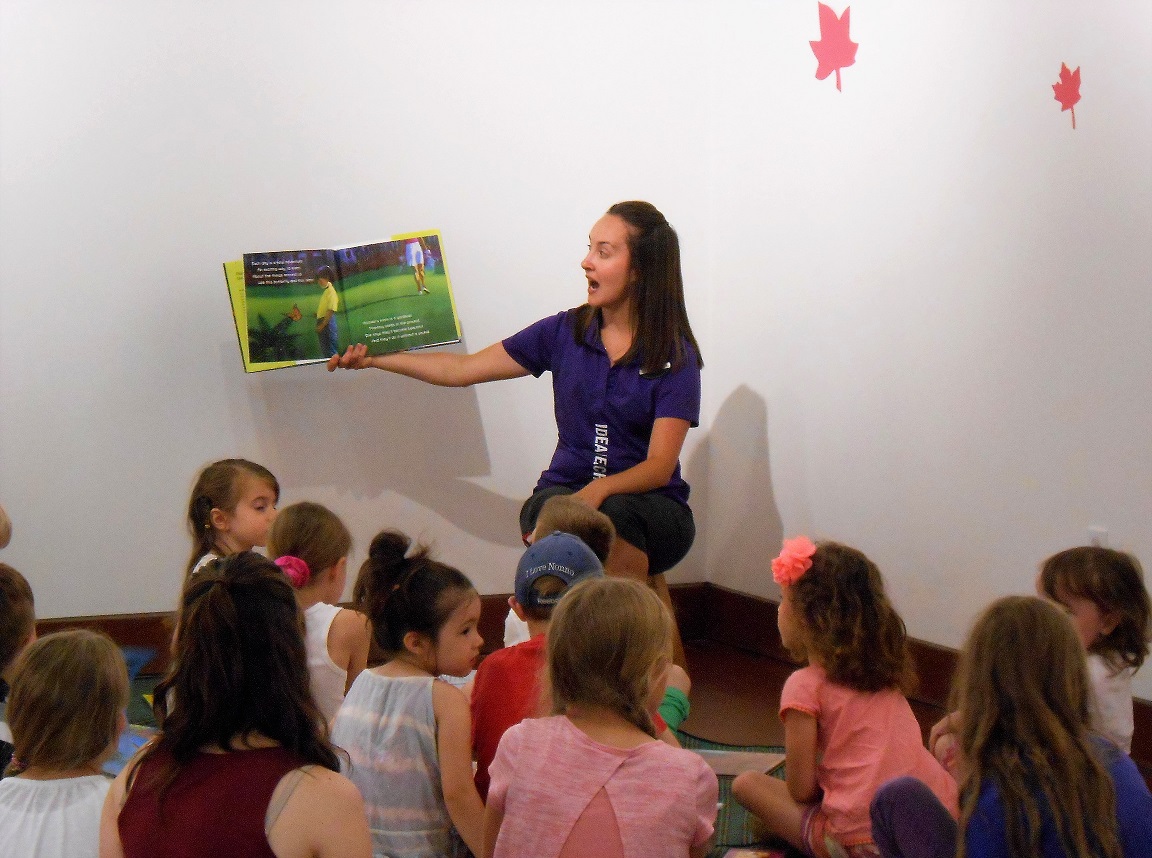How to Teach Kids to Focus on an Important (to them) Project
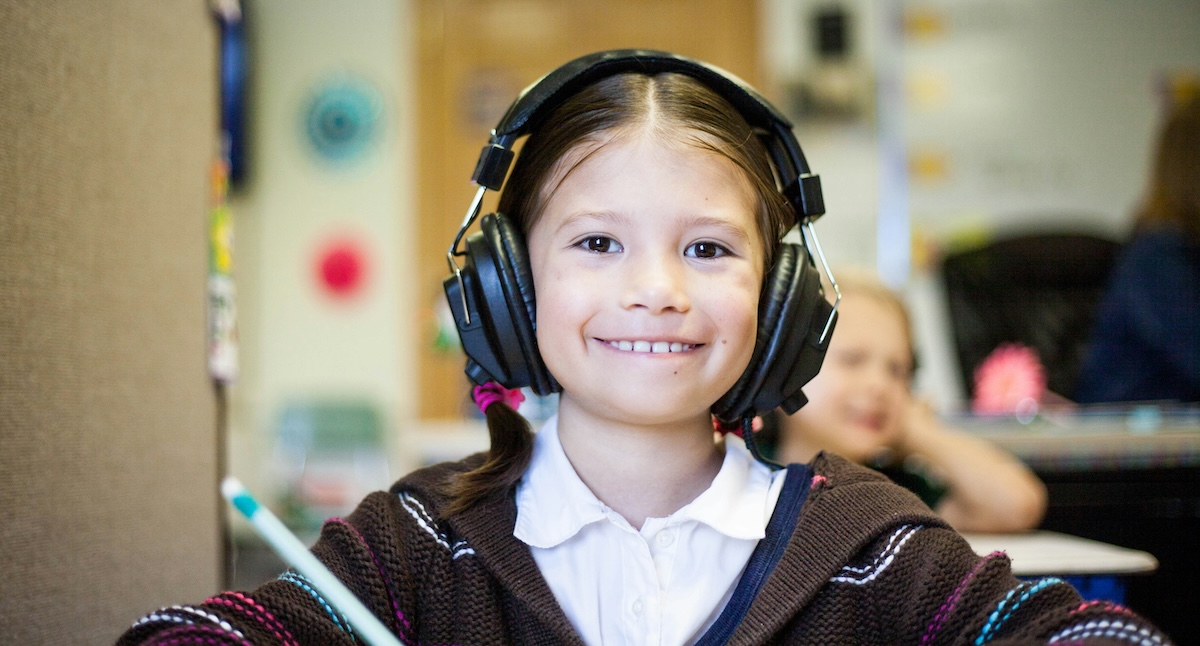
Once again we have found inspiration from the aptly named Inspiring Minds Inspiring Finds corner of our Foundation’s website. In our most recent video release below, we get to know Kelvin Doe, aka DJ Focus. How did he get the cool nickname? In addition to being a young inventor, Kelvin works as a radio DJ at a local station in his community. The other half of his name comes from his work ethic and ability to maintain focus while plugging away at a new invention.
“They call me DJ Focus, because I believe that if you focus, you can do an invention perfectly.”
Kelvin “DJ Focus” Doe
Kelvin’s story serves as a reminder to all that focus is the catalyst to completing any project that we care about. The challenge, is that we live in a world that is ripe with many distractions. It’s easy to lose focus as “responsible grownups” (ahem) so you can imagine what it’s like for kids who are stimulated by so many things. The good news, is that you can empower your kids/students with tools to help them lock-in and complete important projects. In doing so, you will prepare them for success today and tomorrow as they become contributing members of their communities. Read ahead to learn more!
4 Powerful Steps to Teaching Your Children/Students to Focus on Completing a Big Project
Let Them Pick a Project That They’re Passionate About
While there are times they will have to tackle projects that aren’t so exciting, it’s best to get them to learn the art of focusing by letting them choose project subjects/topics that they are passionate about. It sets the table for a more positive experience. Moreover, future generations should always be encouraged to follow their passions. The world will be a happier and healthier place if they do.
Create a Vision Board for Their Goal
Once the details of the project have been laid out and the steps towards completion have been identified, have them tap into the power of visualization. Visualization is a technique that anyone can use to create a vivid mental image of the end result of a goal. It involves engaging multiple senses to make the mental images as realistic as possible. To make the visualization more palpable, people create vision boards, which are generally pictures, drawings, and other renderings of what goal attainment looks like. This is where the fun comes in! Kids can cut out photos from magazines, draw pictures, and paste all sorts of things that represent what their realized goal (invention, etc.) looks like. For children, a vision board can help maintain focus on their aspirations and assist in concentration and perseverance. Vision boards may also boosts their self-confidence as they make progress towards their goal and watch their visions materialized.
Blockout Distractions
We all know what it’s like to get distracted from our day to day responsibilities much less our bigger goals. Emails, texts, social media, the irresistible lure of outside conversations, and more can make us lose focus. When your child has set aside a specific period of time to work on their project, help them blockout all distractions. Unless they need to be online to work on the project, let them know that by putting their mobile devices away they will be better able to lock-in on their tasks. If they have to work in a noisy and distraction-laden environment (from fellow students or siblings, etc.) consider outfitting them with noise-cancelling headphones. Noise cancelling headphones are actually used to help students with certain learning differences, such as ADHD or autism. And by the way, you (yes you) can also be a distraction. Resist the urge to check in on them constantly unless they ask for help. You have to trust them to work things out on their own when they are determined.
Teach Them to Not Overreact When The Project Takes a Wrong Turn
Lastly, let kids know that things may not always go as planned. There will be small hiccups, medium-sized challenges, and possible “sky is falling” scenarios. This is all part of the process. But when they innocently don’t expect it, kids may quickly lose focus, and even interest in completing a given project. To combat this, teach kids to be prepared for challenges and to rethink their next move instead of overreacting to perceived problems. Follow these tips to teaching this valuable lesson.
The Plant a Seed & See What Grows Foundation works tirelessly to inspire and promote healthy living for kids across Canada. Help us help the next generation by pledging your support too! View more on how you can get involved.
